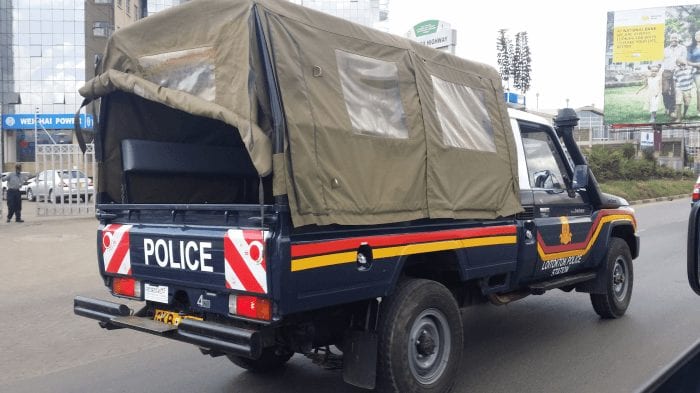Kenya is going to require public Wi-Fi users to register with the government. That means anyone connecting to a Wi-Fi hotspot in Kenya will need to register using their national identity card and phone number to use the network. The new law is being put in place to fight cybercrime in Kenya. The result is a country that tracks their citizens internet activities all of the time.

The Communications Authority of Kenya (CA) is attempting to take a hard stance against cybercrime. At the same time they are turning the country into an online police state. According to CA Director General Francis Wangusi, moving forward Kenyans will need to register their mobile devices with the Kenya Network Information Centre (KENIC). Mr. Wangusi stated “We will license KENIC to register device owners using their national identity cards and telephone numbers, the identity of a device will be known when it connects to Wi-fi,” which will give authorities more power to fight against cyber attacks.
This is yet another example of a government’s willingness to trade citizens privacy for a higher level of security. At least a perceived higher level of security. The true criminals will find ways to circumvent the surveillance, leaving the average citizen being tracked in the name of fighting cybercrime. I feel for officials dealing with the real threat that cyber attacks pose but monitoring everyone’s internet usage isn’t the answer.
One question that people are bound to ask is whether the new law has an ulterior motive. Is the Kenyan government using cybercrime to justify the creation of an online surveillance state? It wouldn’t be the first time a country used threats to gain control over their citizens. Far from it. The new law is even more troubling given Kenya’s role as chair of ARICEA, a group that recommends Internet and communications policy for the Common Market for Eastern and Southern Africa (COMESA). That could bring similar laws to other members states.
COMESA member states include:
- Burundi, Comoros, Democratic Republic of the Congo, Djibouti, Egypt, Eritrea, Ethiopia, Kenya, Libya, Madagascar, Malawi, Mauritius, Rwanda, Seychelles, South Sudan, Sudan, Swaziland, Uganda, Zimbabwe, and Zambia
Will other COMESA member states follow the lead of Kenya and put similar surveillance laws in place? It is certainly possible given the steps Kenya is taking in the name of fighting cybercrime. Trading privacy for security can’t be the answer.
